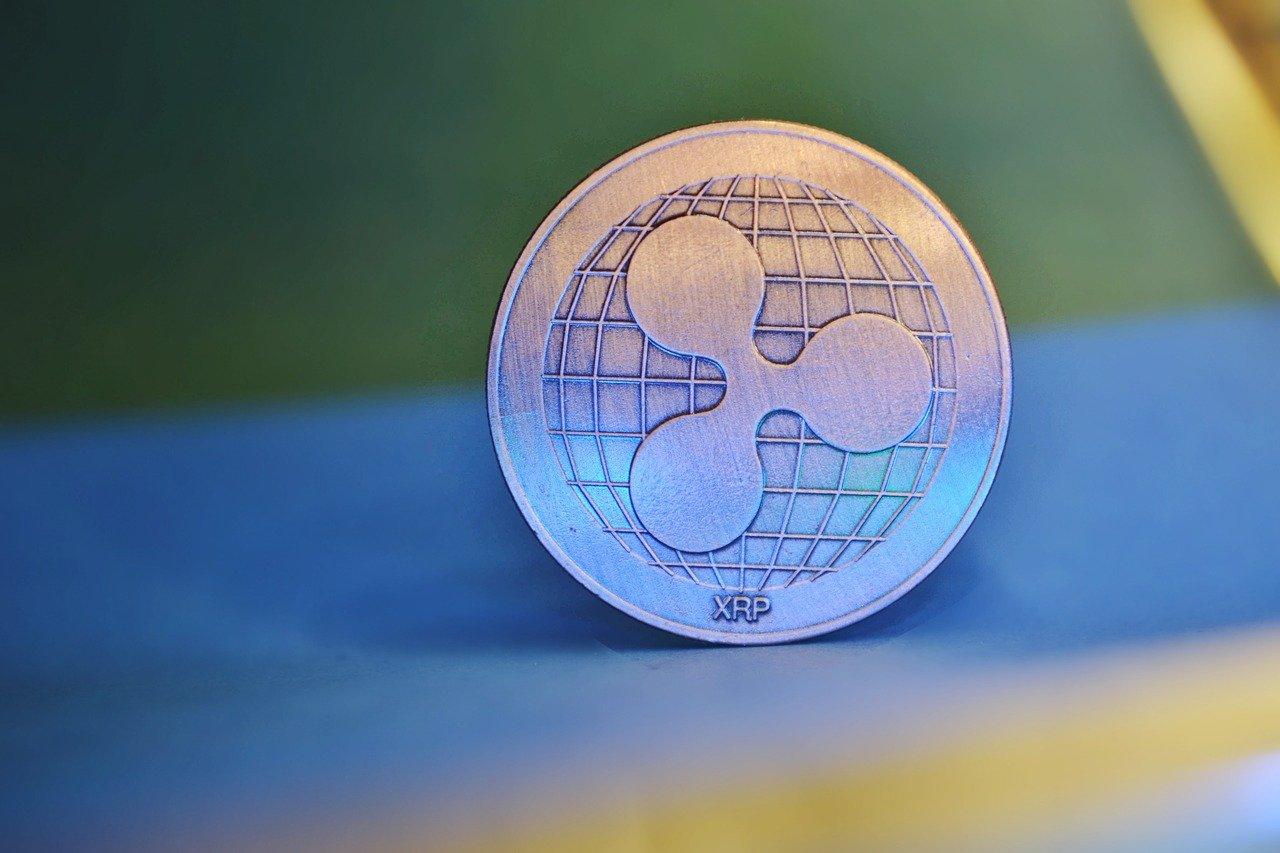Ripple is the third most valuable cryptocurrency on the market. Apart from being a cryptocurrency, Ripple is also a platform. That is the main difference between Ripple and Bitcoin since Bitcoin wasn’t created to be a simple payment machine. Ripple is thus very ambitious and heads to rule all the worldwide transactions with extremely low transaction fees and fast processes. The platform has its own currency called XPR. Nevertheless, it’s not possible to mine it.
Ripple was issued in 2004, but it all started in 2013 when the creator Jed McCaleb gathered people and convinced them to invest in Ripple. Unlike other cryptos, Ripple does not work on the system of blockchain. It might seem strange since all cryptos use blockchain. Nevertheless, Ripple has its own system: The Ledger, and instead of mining, it uses the Ripple Protocol consensus algorithm (RPCA). The basis of the system creates validators who verify transactions. If at least 80 % of validators come to an agreement, the transaction is successful. The validators are usually represented by banks or different institutions. Sometimes, the role can b fulfilled by users as well. This raises questions about whether Ripple is decentralized or not.
Ripple uses the network RippleNet that focuses on the bank sector and uses many financial institutions. It connects all the transactions all around the world, and thanks to this network, it is way easier to connect supply and demand. You must enter what you have and want to exchange for a different thing into the system, and in a second, the network will connect you with the best match.
What is it good for?
Ripple offers low transaction fees, as mentioned above. If you want to exchange, for example, one cryptocurrency to another without any possibility of doing it directly (as many cryptos cannot be exchanged directly), Ripple serves as a cheaper mediator. Fees cost about 0,0001 XRP.
Ripple is also a time saver. When you want to make an international transaction, it usually takes hours or days, depending on what institution or crypto you use. Nevertheless, Ripple is able to do the transaction for around 4 seconds.
There are many banks that support Ripple, among them, for example, Santander, Axis Bank, Bank of America, HSBC, Barclay, or Union Credit. This fact makes Ripple a good investment as it has the trust and support of many institutions. The vision might be very pleasurable if all bank institutions will decide to use Ripple as the price of Ripple will rise rapidly.
However, Ripple is criticized for being centralized, as Ripple developers can control how many tokens will be issued. This is the main difference between Ripple and other cryptos - Ripple isn't owned collectively.
Ripple might have the potential of being an interesting option for all banks, and do all transactions cheaper and faster. Only time will show whether is Ripple able to fulfill its expectation.



